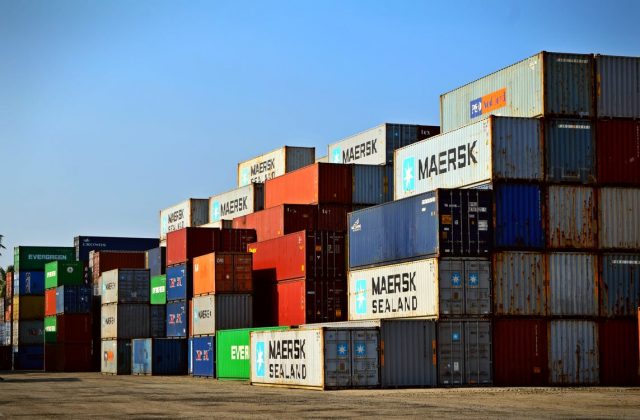For a long time, if you were a company that imports or exports to other countries and had questions about your goods, chances were that you would not receive an answer until your shipment reached the border.
If that question was not simple but complex, it would typically take 3-4 months for you to receive the answer. During this time border agencies would not be able to release and clear your goods. Your supply chain would stretch in time, your costs would go up, and your consumers would feel it either in the form of more expensive products or decreased supply. From the business perspective this unpredictability is what you want to avoid.

These days you can submit your question in advance to customs and not ship your goods to the border until you receive answers. That saves time and money. Questions from importers/exporters to customs come in different forms but they can be grouped into three buckets:
- in the list of all products, where does your product belong (classification);
- what the value of that product is (valuation), and
- where the product originates from (origin).
While these questions may seem simple, they can sometimes leave businesses scratching their heads, particularly because the classification of the goods is continuously amended by the World Customs Organization.
Classification matters.
One example of a ruling request that became an interesting topic of discussion a few years ago in the trade facilitation community was when big car makers started manufacturing “crossovers.” They were not sedans, nor were they SUVs. So, how do you classify them?
Recent discussions are about how to classify the new electric and hybrid cars. These are typical examples when companies submit an advance ruling on tariff classification to the government border agency (customs). Advance ruling is a written statement issued by customs that interprets and applies customs laws and regulations to a specific set of facts about a prospective transaction. Customs usually takes about 3-4 months to give you an answer.
Modern customs operations are changing that.
Initial data from Colombia are encouraging and show that data-based decisions can shorten processing time for rulings. On March 24, 2022, through the support of Center for Excellence project that trade team completed last December, Colombian Customs reported that they have processed an advance ruling in only 45 days, thus showing that time and cost for imports/exports of goods can be significantly reduced. This ruling was submitted by Colmotores SAS, a Colombian company based in Bogotá that produces auto parts.
Before the project interventions, the time needed to issue a ruling was around 120 days or even more. Recent rulings are issued using the new software that was funded by trade team project here at CIPE. The new software operated by Colombian Customs enables automation, filing requests and processing of advance rulings.
Since January 2022, the private sector has submitted more than 120 requests to process rulings through the new software. For importers and car assemblers such as Colmotores SAS, faster processing of rulings means that they have saved their business about 75 days, or about 1,800 hours. Everyone who understands business knows that time is money. If you gain 1,800 hours somewhere, most certainly that means reduced costs or more revenue for your company. In addition, improving predictability also contributes to better planning and a more profitable business environment.
It is not only the business community that benefits from data-driven, software-based decisions. Border government agencies can significantly improve their efficiency by optimizing the use of their human resources. As seen above, it took Colombian Customs about 4 months to issue a ruling. Now, that processing time is down to 45 days (around 32 working days). This will save about 75 days (around 55 working days) for several departments including legal and technical in Colombian Customs. All those specialists and public servants can now focus their attention on other important parts of their daily jobs.
Trade facilitation is not abstract, but rather, if applied correctly, it is a life changing field with a positive impact on businesses, government, and consumers. This Colombia example is just another brick on the wall.
Published Date: March 31, 2022
